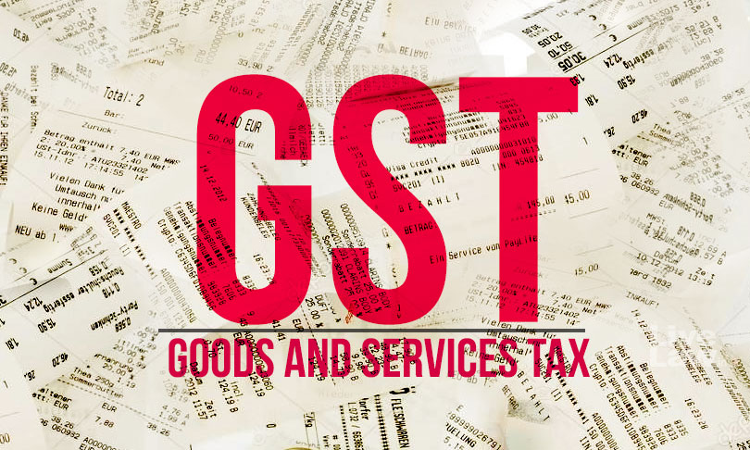The Kerala High Court recently upheld that technical glitches at the transition stage to GST should not affect the statutory right of dealers. Justice S.V. Bhatti and Justice Bechu Kurian Thomas while dismissing the appeal, held that discrimination in terms of the time limit to allow the availing of Input Tax Credit (ITC) with respect to the purchase of goods and services made in the pre-GST...

